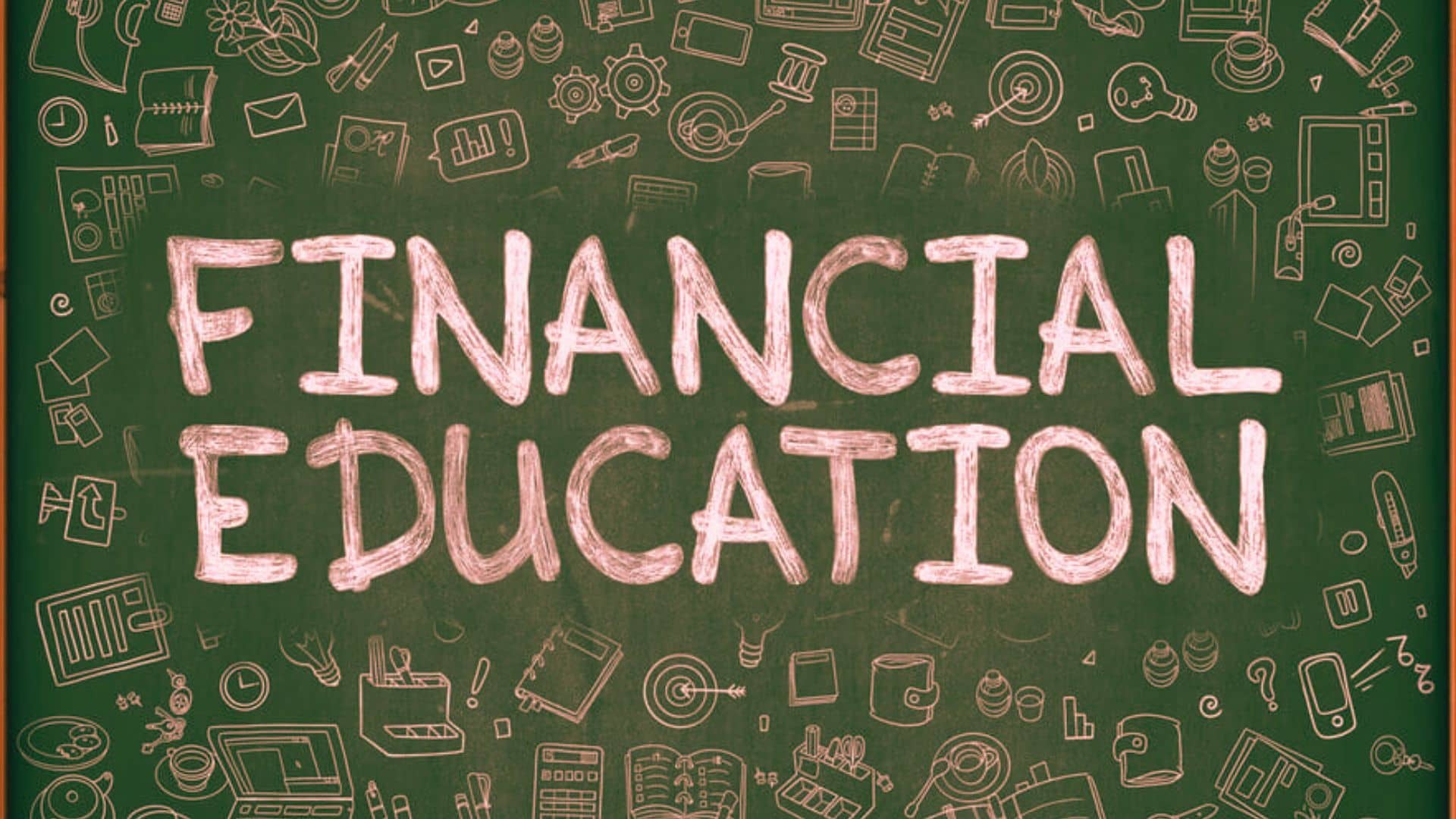Measuring outcomes and identifying areas for improvement is largely achieved by evaluating the effectiveness of financial literacy programs.
This involves assessing how well these initiatives are working in practice, what kind of difference they make, and where there might be room to do better.
In addition, it can involve trying to understand the reasons behind success or failure – whether that’s because some aspects were done right but others wrong; because there are still gaps in knowledge even after people have completed courses; or due to other factors entirely outside anyone’s control.
Some organizations use quantitative methods such as surveys with closed-ended questions while others prefer qualitative approaches like interviews asking open-ended ones.
Evaluating program effectiveness can be done through the use of financial knowledge metrics, attitudes, behaviors and outcomes. Longitudinal studies, surveys and evaluations help in measuring the long-term impact of financial education initiatives on individuals and communities.
Problems and Prospects
Financial literacy programs have many benefits but they also face challenges such as limited access, engagement and sustainability.
It is necessary to use creative methods; establish various partnerships as well as do focused outreaches when addressing these issues. There are opportunities for growth like utilizing technology; fostering collaboration among stakeholders; tailoring different programs to meet various needs within the society.
Future Trends
The future of financial literacy programs is characterized by innovation, collaboration and personalized learning.
Some emerging trends include gamification, behavioral economics principles and digital learning platforms which promise better engagement levels as well as effectiveness. Therefore, if these trends are embraced then more people will have access to information that can help them make wise decisions regarding their finances thus leading them towards wealth creation.
Frequently Asked Questions
What is financial literacy and why is it important?
Financial literacy refers to knowledge and skills necessary for making informed decisions about money matters. It is important because it enables people manage their funds wisely, plan ahead in life financially thereby avoiding pitfalls along the way.
What types of financial literacy programs are available in USA & UK?
There are various types such as schools based initiatives; government led campaigns; corporate wellness programs; online resources etcetera all aimed at equipping individuals with adequate skills required for successful participation in economic activities both locally & internationally.
Which government-led initiatives exist to promote financial literacy?
Examples include Financial Literacy & Education Commission (USA); Money Advice Service (UK) among others whose goal is educating masses about personal finance matters hence empowering them with knowledge that shall enable improved decision making ability vis a vis resource allocation efficiency within an individual or group context.
How is financial literacy integrated into education systems?
This happens through curriculum standards; teacher training and provision of relevant material geared towards imparting financial skills among students.
What are corporate financial wellness programs and how do they benefit employees?
These refer to those designed by employers with view of enhancing staff members’ overall well-being through equipping them with necessary tools needed for managing their personal finances better. It has been shown that when workers are financially stable, productive levels tend to increase thereby leading more satisfied workforce thus contributing positively towards achievement company goals.
What online resources & tools can one use to improve their financial literacy?
There many such as websites; apps; calculators etc which offer useful information about various aspects related money matters including but not limited saving plans, retirement schemes investment strategies among other things.
Are there community-based programs that offer financial education?
Yes there are quite a number run on grassroots level often times in partnership between NGOs or community organizations together banks or micro finance institutions where workshops; seminars counseling services provided targeting people living underserved areas who lack access formal schooling systems hence need additional support order enhance understanding key issues surrounding successful management small businesses enterprises within such settings.
How do we measure the impact & effectiveness of financial literacy programs?
One way is through indicators like knowledge acquired (financial awareness); change behaviour patterns saving habits) long term outcomes achieved reducing poverty levels job creation) over given period as well conducting survey based research aimed at determining whether specific objectives were met not while considering results obtained from time series analysis prior during post implementation phases project cycle management framework.
What challenges do face have what should be done overcome them?
Problems faced include: access; engagement sustainability. Solution therefore lies adoption new methods working together closely different stakeholders reaching out target groups according their unique situations needs circumstances capacities resources constraints available around them
What are some future trends in this area?
Some possible future developments could involve making use technology for instance e-learning platforms mobile applications gaming strategies incorporated into curriculum content design process encouraging student participation through rewards based on achievements made during course completion among other things.
To form a richer and financially literate community, it is important to keep investing in financial education for the future.
Conclusion
In conclusion, financial literacy programs are important for empowering people and communities to make informed decisions about money which in turn can help them become more financially secure and resilient.
These initiatives have the potential to cater for different sections of the American and British societies by introducing various knowledge sharing platforms such as digital content creation tools or even organizing group discussions among stakeholders with similar interests.
Looking forward, it is necessary that we continue investing into teaching people about finance if we want our society to be successful from an economic point of view.




